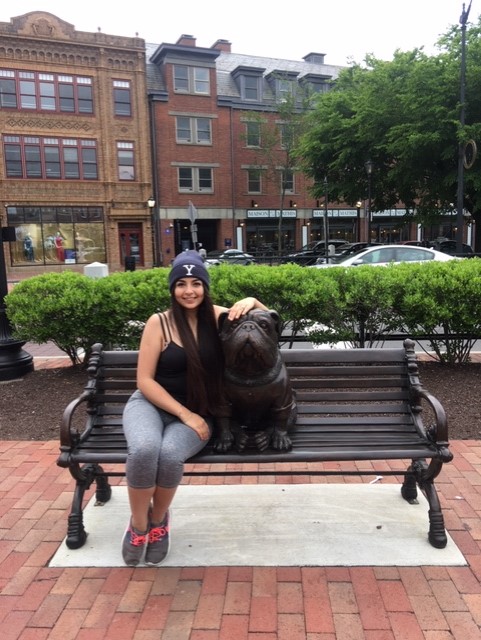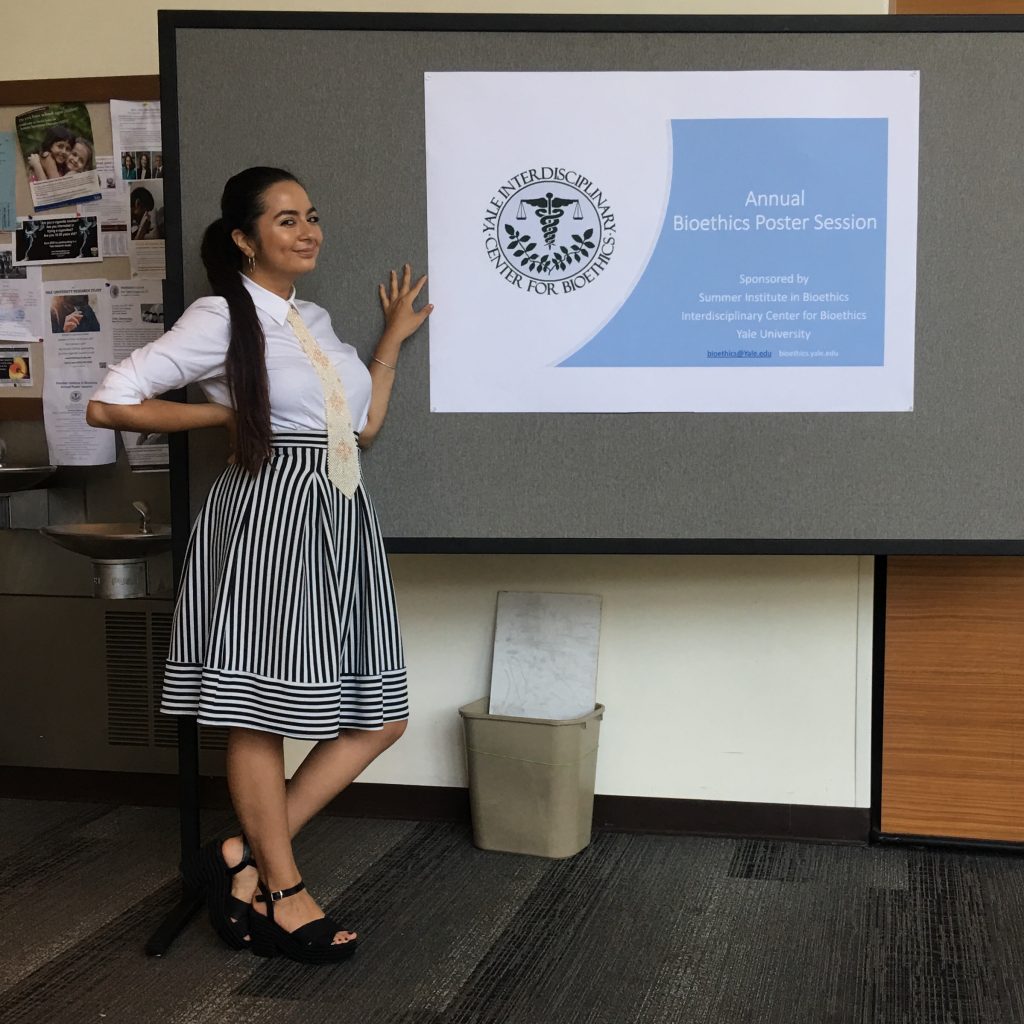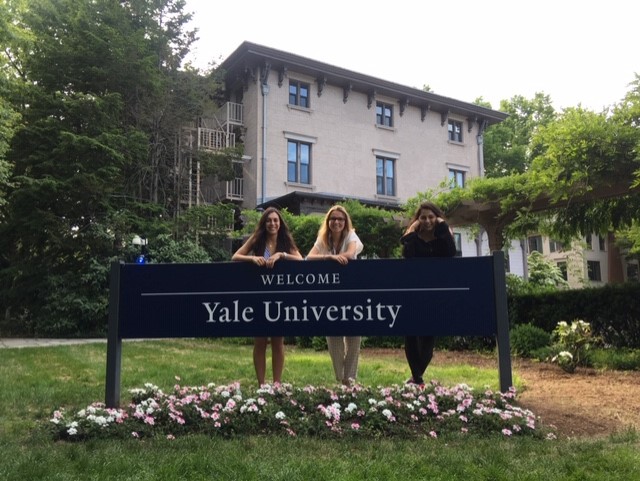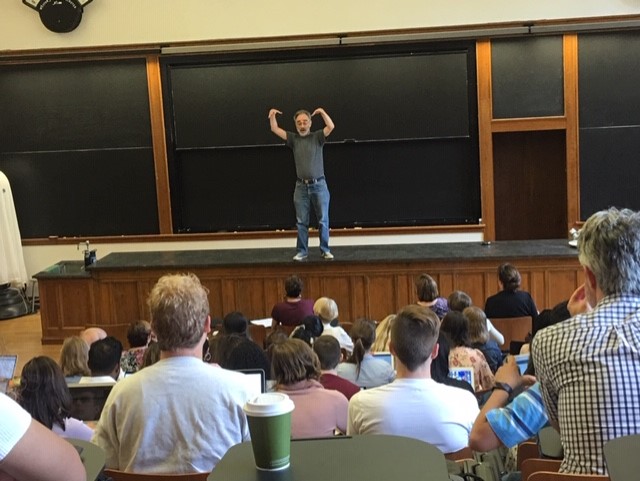The National Society of Collegiate Scholars leadership summit is mainly a training session for officers from each school chapter that happens every year in D.C. As the vice president of this chapter, I represented Rollins to attend the summit this year. Since Rollins is a relatively new registered chapter, my responsibility and job were to be trained on how to recruit more new members at Rollins to this program, and how to use social media tips and tricks to create more NSCS awareness on campus.


The first session was a welcome speech by the founder of the NSCS program, which was genuinely inspiring as to begin this training. He told the story of how the program was founded on the belief that the first-year student who has achieved high GPA of 3.5 should be awarded and recognized for their achievement instead of what other honors societies usually do, recognizing the overall high college GPAs when students graduate. He said he founded the program in order to get those high-achievers together early on in their college life so that they could build connection and create a beautiful college experience. At first, his program was not recognized and admitted by the National Honors Society, however, he successfully persuaded those members by asking the question that how many people seated is a founder of the chapter and since all the chapters in the Honors Society are at least 100 years old, he is the only founder present. He said that his chapter was finally admitted because they need new exciting ideas and fresh blood pouring into the community, just like the current society, that we need the youth to create a positive and refreshing college atmosphere.


The summit has invited different successful people in different field who have all been NSCS members when they were in college, and they have taught us their experiences and tips to success. For example, the woman below is the author of Get it Together and also the founder of a successful job-hunting company. She has told us how she has had 8 different internships in college and started her first internship in NYC when she was a freshman, and how connection with different people plays a big role as she was applying for different jobs. She said do not be afraid to meet new people everyday because you never know what role they would play in your life one day.

For the breakout session, each chapter office has to choose a session which would help their chapter best at the moment. So, I chose Social Media tips, job searching &interview skills for maximum impact, professional communication and new member recruitment. For each session, there would be a professional chapter leader to tutor us on how to build a successful college chapter. The photo below is my team during the new member recruitment training, and we have won the best team to recruitment members during a competition with the other team. Not only have I learnt the trick and skills, but also, I have got to know many friends during this trip. We are all chapter leaders, and maybe later in life we would all become all kinds of leaders in society, and this summit have already ensured me this connection with them. These training does not only fulfill my individual goal to be a successful leader, but also help me to set my steps and goals to expand our Rollins NSCS chapter so that more students would have more scholarship opportunities and connection to other honorable students in state.

 Roman Citadel in Amman
Roman Citadel in Amman Learning traditional cooking with a Bedouin woman
Learning traditional cooking with a Bedouin woman My homestay family
My homestay family My homestay family and I at one of the two weddings I attended
My homestay family and I at one of the two weddings I attended
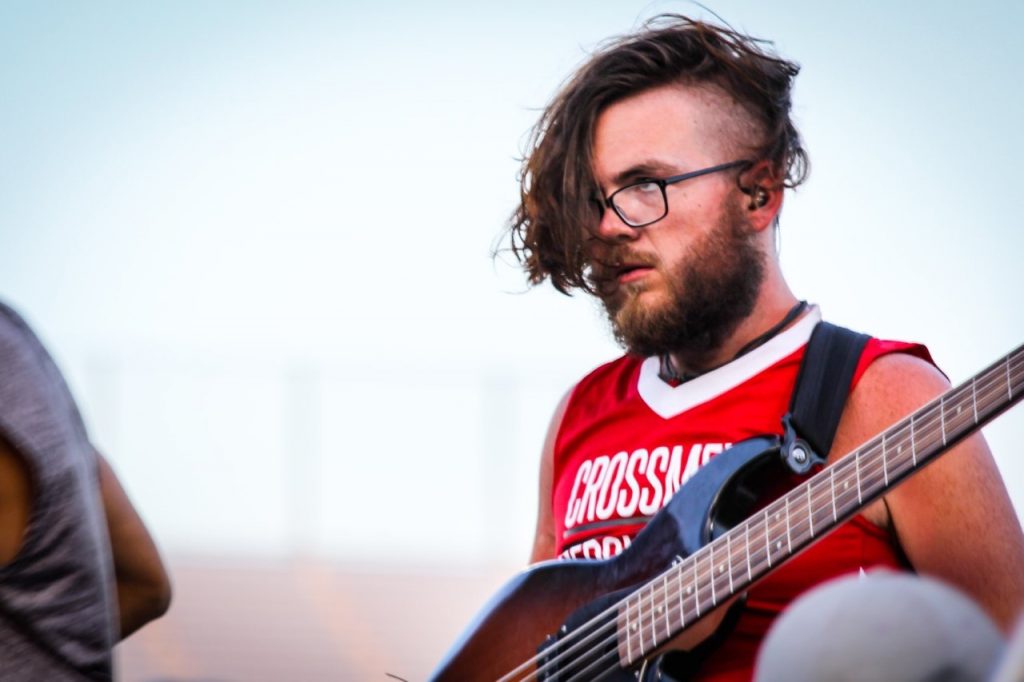
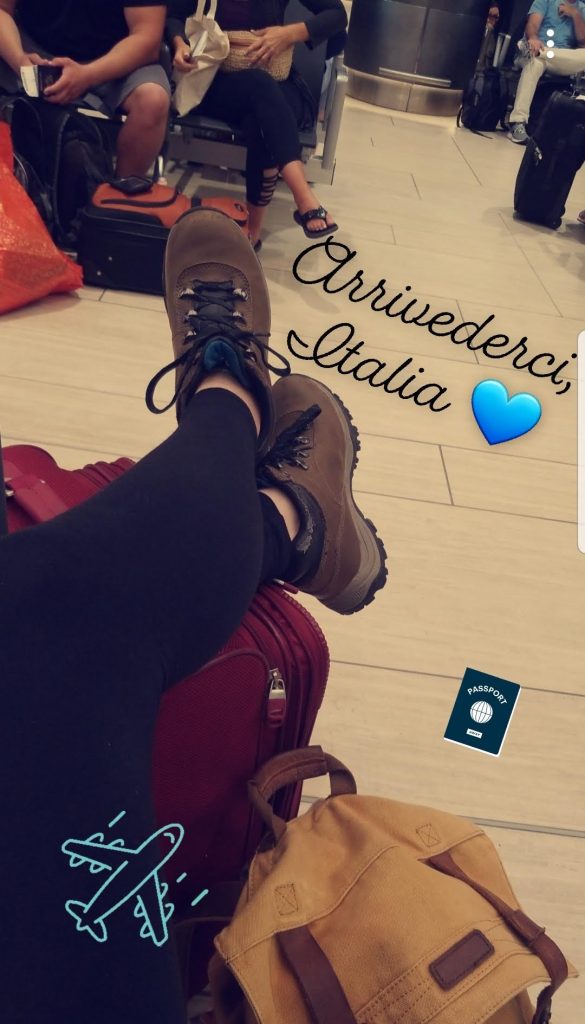 Leaving the Roma Airport
Leaving the Roma Airport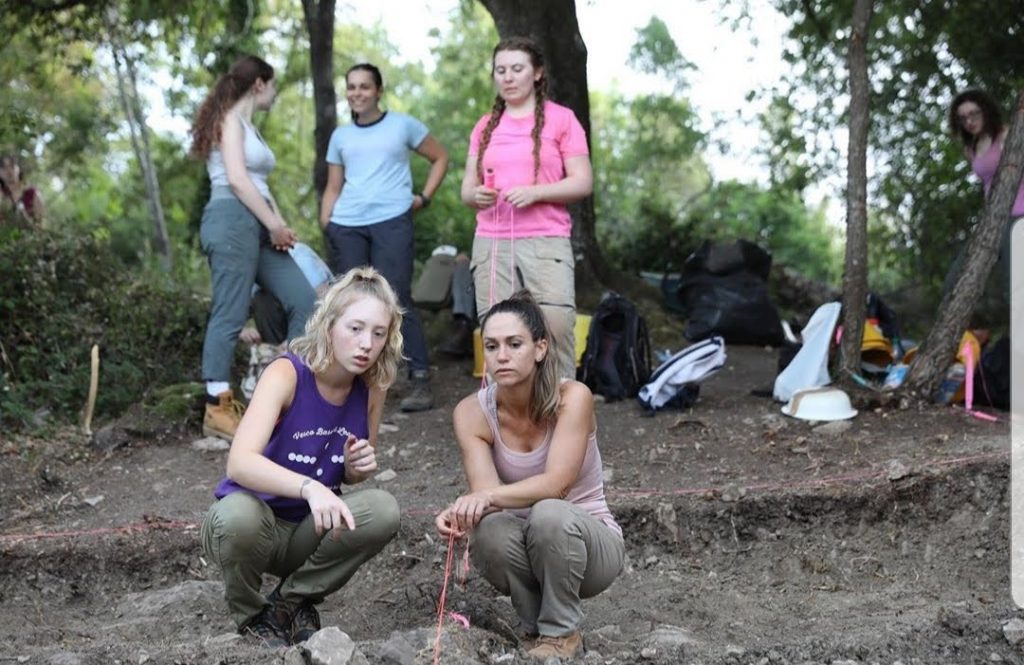 Working in the Field
Working in the Field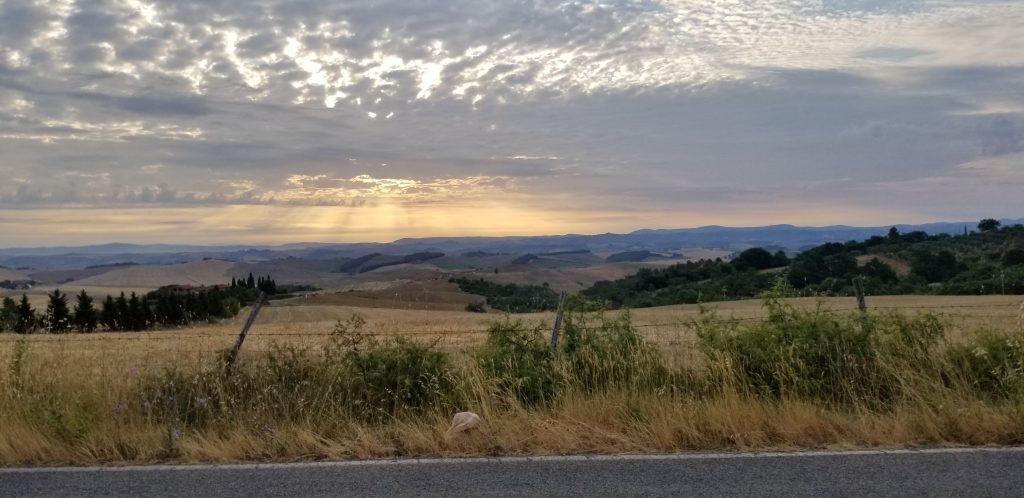 Arriving
Arriving